Hot Lithuanian producer Marija Razgutė of M-Films, credited for the award-winning films “Slow” in Sundance 2023 and “The Visitor” in Karlovy Vary this year, has unveiled a teaser trailer of the absurdist drama “Hunger Strike Breakfast,” by Karolis Kaupinis.
The helmer’s sophomore pic after his signature debut “Nova Lituania,” Lithuania’s choice for the 2021 Oscars, is world premiering today in competition at the Warsaw Film Festival, ahead of its national roll out in January 2026 via CinemaAds.
In the clip, one of the characters, Sigitas Bickus (Paulius Pinigis), cites U.S. alternative food guru Paul Bragg’s book” The Miracle of Fasting,” saying that ‘hunger cures all ills’ to a small group of TV journalists, on the verge of embarking on a hunger strike to protest against the occupation of their TV building by Russian troops. As in “Nova Lituania,” the helmer twists real events and tense geo-politics to convey a deeply humanistic tale with warmth and humor.
The film is inspired by a little-known protest during Lithuania’s independence struggle in 1991, when three TV employees launched a hunger strike to reclaim the national TV building from the Soviet army.
In the pic, we follow Lithuanian TV star Daiva (Ineta Stasiulytė) who loses her job when the TV studios are taken over by Russian soldiers. Together with a few colleagues-including her TV boss (Arvydas Dapšys) and a compassionate local dweller (Paulius Pinigis), Daiva starts a hunger strike in a small trailer facing the TV station. Beyond political motives, the group yearn for human warmth and connection.
Kaupinis, who came up with the characters after conducting multiple interviews with the real strikers says: “On the surface it was a political fight, but the motivation for it was long-surpressed feelings of loneliness, guilt, desire for something big, important, beautiful and warm.”
Himself a former TV presenter and editor of a weekly program dedicated to current political affairs, the helmer explains that conversations at the time with elder TV colleagues about those events triggered his interest. “During the pandemia and Russian war in Ukraine, it felt like a proper metaphor for my own current Lithuanian society – a tiny makeshift trailer, people on hunger strike, aggressive enemy on one side and indifferent neighbors on the other side.
Terrible loneliness in times of chaos and a hunger strike as an opportunity to get closer to people sharing a fellow fate.” Although he was only five years old in 1991, Kaupinis still has vivid memories of the temporarily occupation of the TV building in Vilnius which ended up with the death of 14 civilians. “These are my first visual memories. My family lived on the same street where the main Soviet army base, the so-called “Northern Town” (Šiaurės miestelis) was located. I used to watch the tanks manouvering inside the base from my friend’s appartment window on the fifth floor.”
He goes on: “I remember my father leaving to defend the Parliament, fear at home, my mother and grandparents in front of TV and the trembling voice of the presenter that “they are already inside the building.” Then TV going off-air. I also remember the next morning, when we went for groceries with my grandma and the sidewalks on the street were shattered due to the movement of tank columns. I asked her why the sidewalks are like that and she replied with “Russkies, kid. Russkies,” using a Lithuanian derogatory term for Russians.
Connecting the constant threat from Russia during Lithuania’s struggle for independence with current times, Kaupinis says: “Lithuanians have to “resist by all means. And never let it happen again.”
An active political commentator at home, the helmer believes in a two-way resistance: “In our current situation [resisting] outside means military force and inside means black political technologies covering as political movements.”
“At this very moment, Lithuanian cultural field is beginning this fight,” he observes. “A pro-Russian political project covering itself as an ethno-centrist populist party is torpedoing our democratic foundation and has just been assigned to rule the Ministry of Culture by the ruling coalition that thinks you can tame the Trojan horse by letting it inside the city. We treat it as a gravest mistake and will resist it by all means available!”
Going back to his movie, Kaupinis hopes that his work, depicting the frailty of democracy, will help audiences “to reflect. People must come to conclusions themselves. I hate art as a political tool, but I like when art causes political shifts.” He also wishes that after watching the pic, audiences will come out with “a feeling of warmth and hope, a desire to talk to another human being and listen in this time of divisiveness.”
Producer Razgutė who teamed up with Kaupinis on two of his shorts and the acclaimed “Nova Lituania,” says their intention was “to craft a film that adds a touch of humor to the somewhat absurd scenarios surrounding Lithuania’s fight for independence, while still acknowledging the serious personal dilemmas and historical events involved. In the current surroundings, we feel that the film is getting more relevant every day.”
Razgutė also underlined the director’s visual talent, expressed through the lens of “Nova Lituania” cinematographer Simonas Glinskis. “While “Nova Lituania” was very stylised, as it captured the interwar years, here Karolis and Simonas decided to portray this world through colors and grain, as the 1990s were ‘greyish’ times.”
Fully shot in Lithuania in five weeks, the film was co-produced with the Czech Republic’s Background Films and Latvia’s Tasse Film, with support from the Lithuanian Film Centre, Eurimages, Creative Europe MEDIA, the Czech Film Centre, Latvian Film Centre, and Lithuanian pubcaster LRT.
Pilot Film will handle the national roll out in the Czech Republic and Baltic Content Media in Latvia. At press time, Razgutė was in discussions for sales in remaining territories.

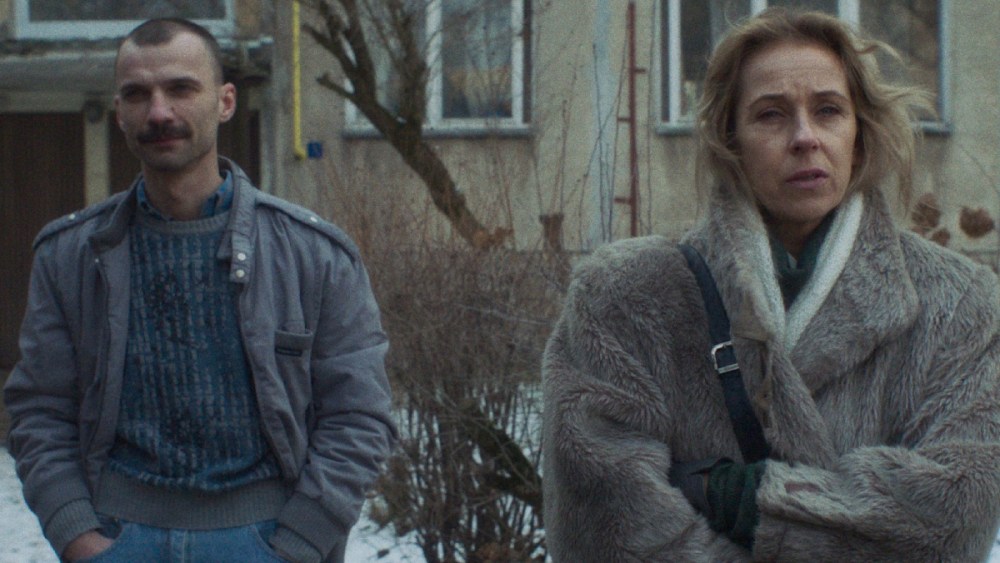

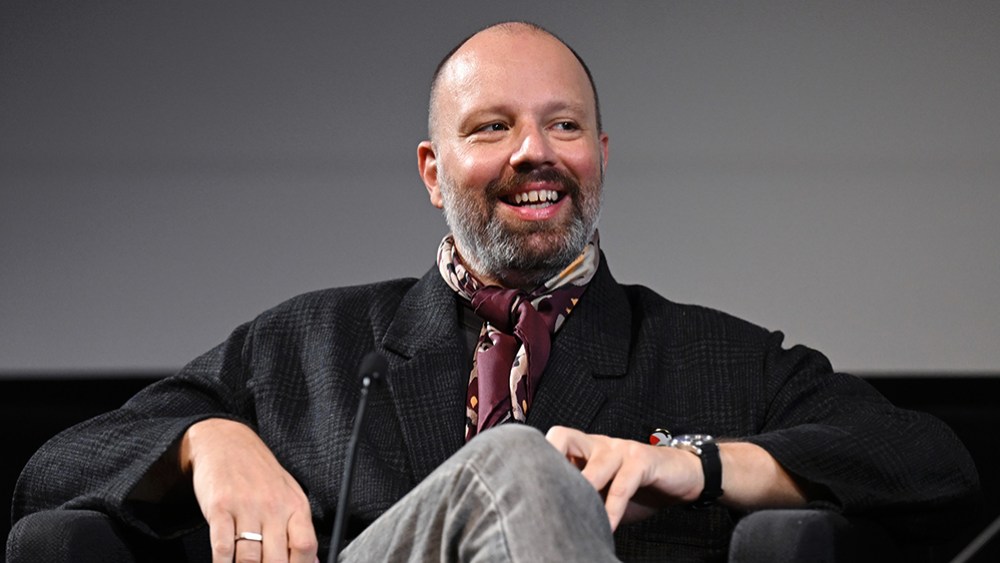

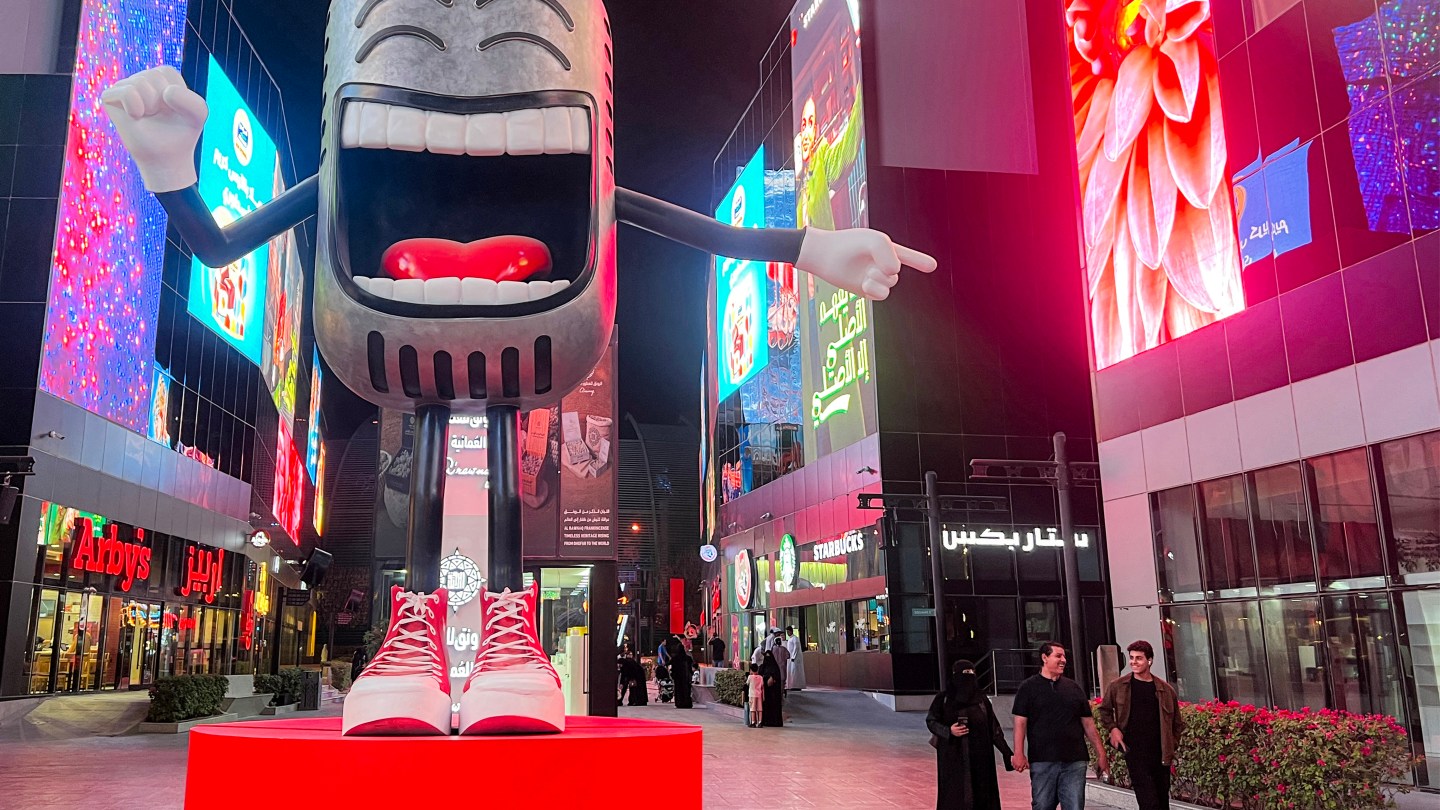

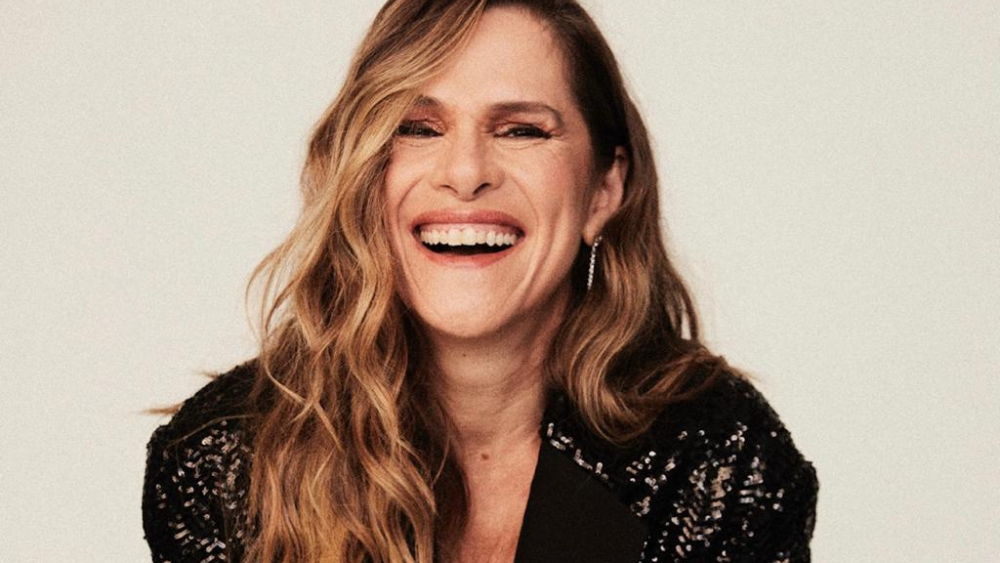
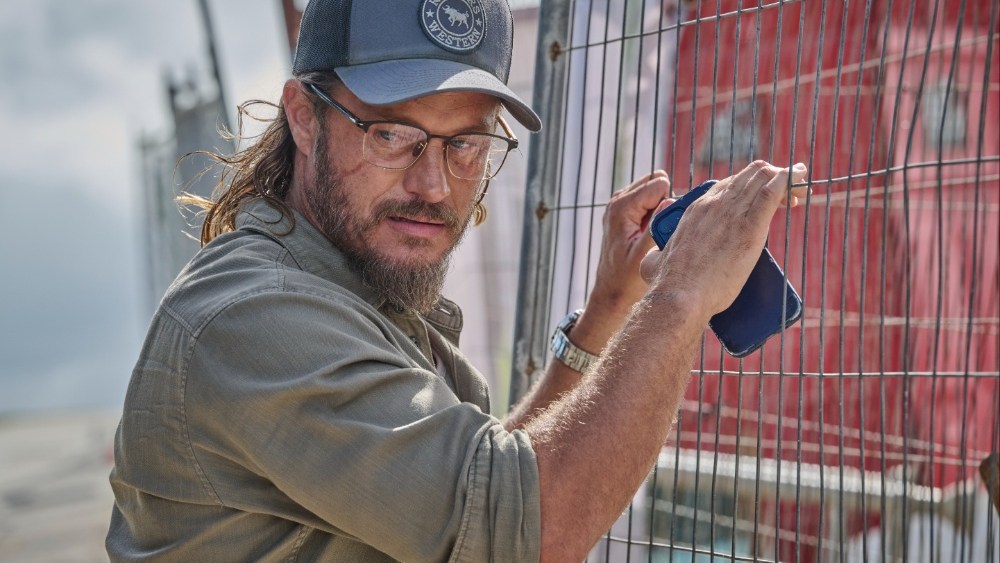

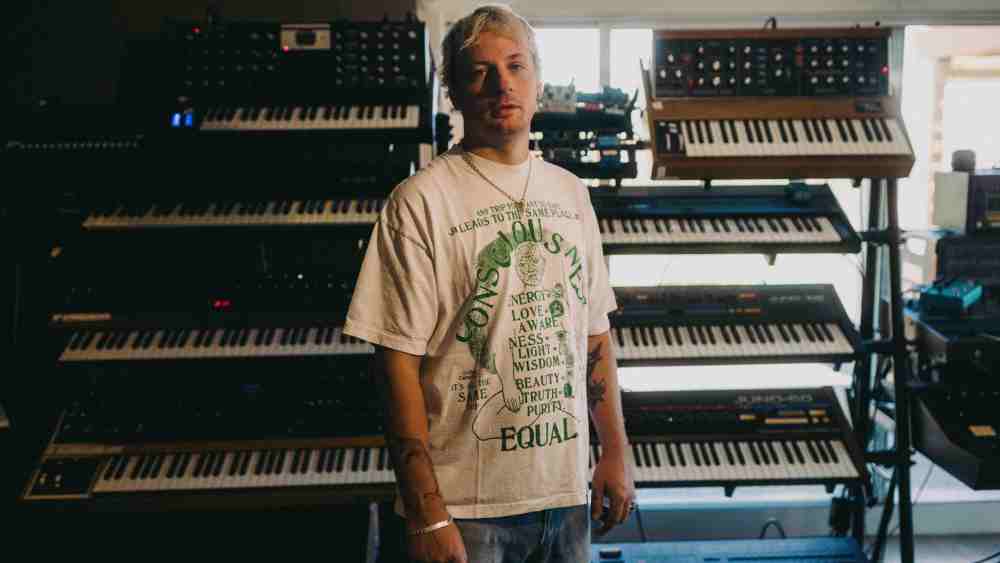
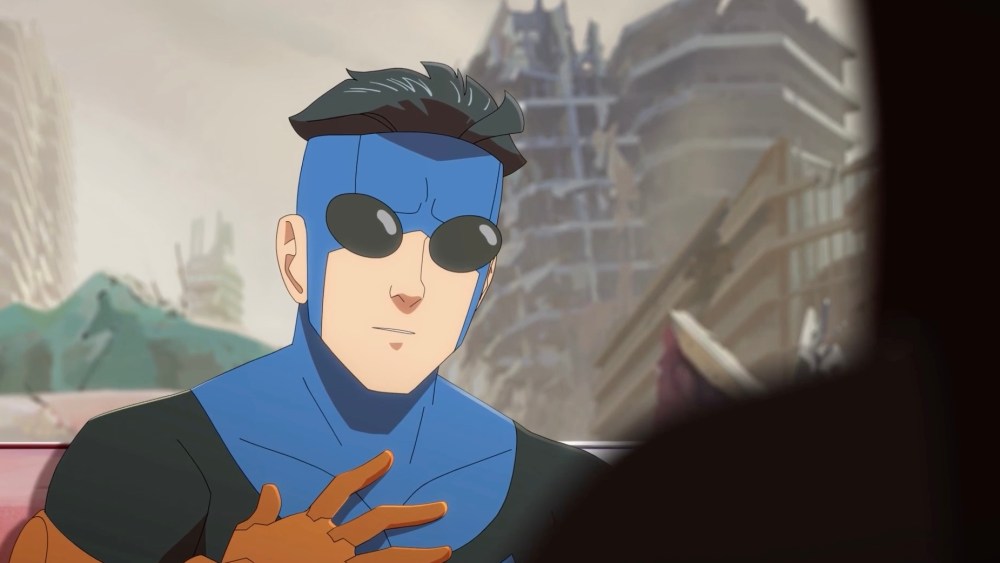
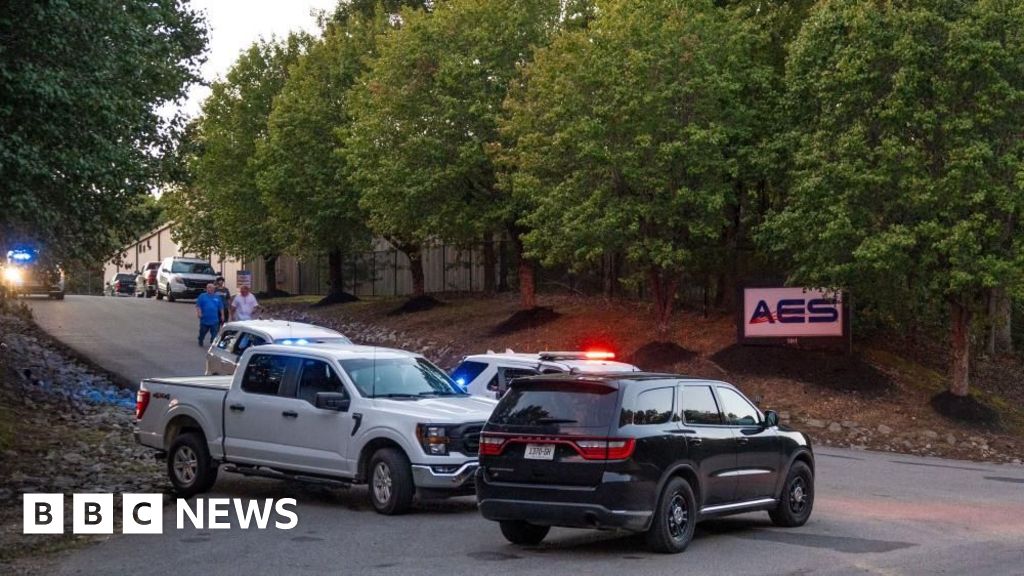
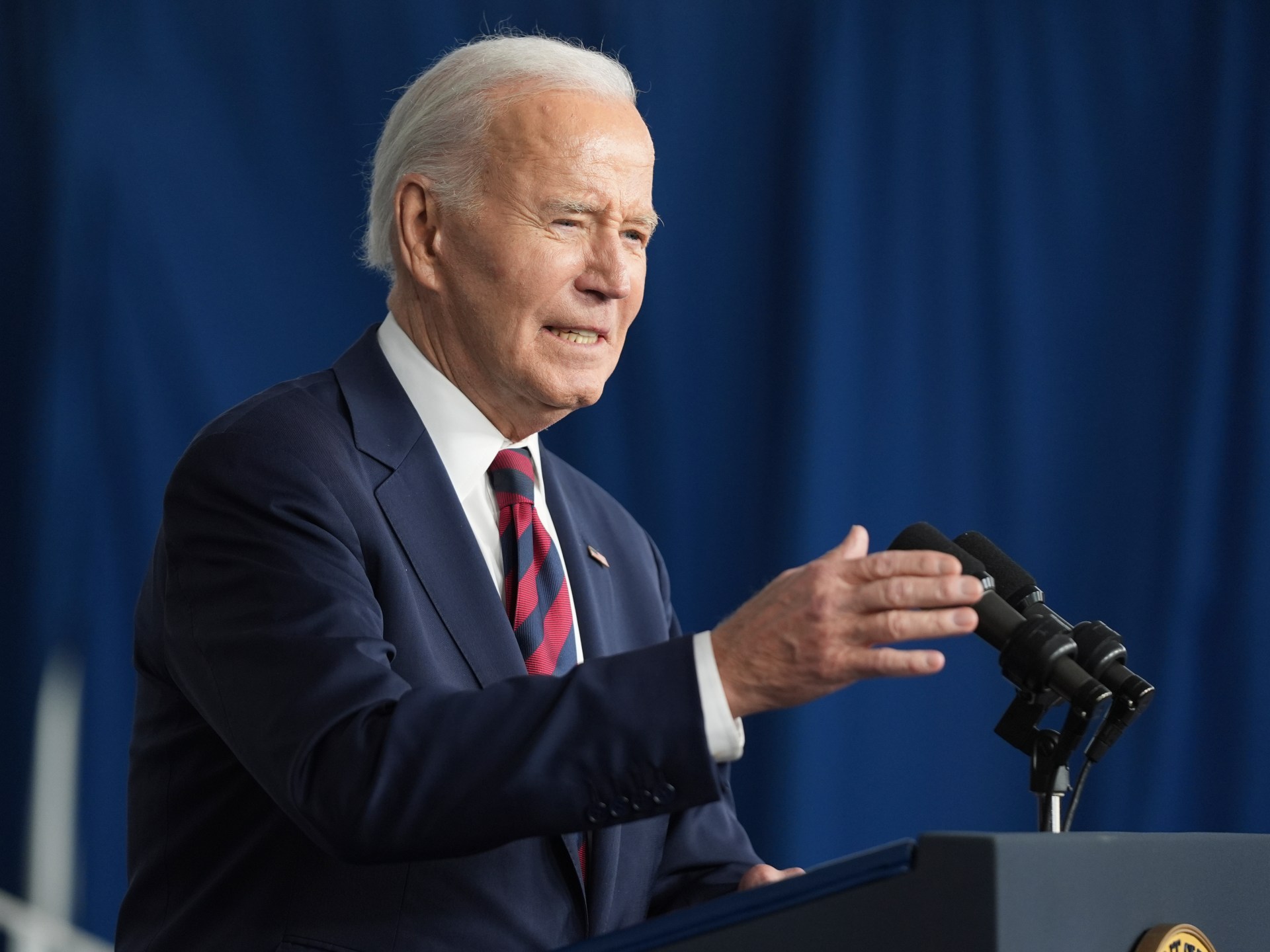


Leave a Reply